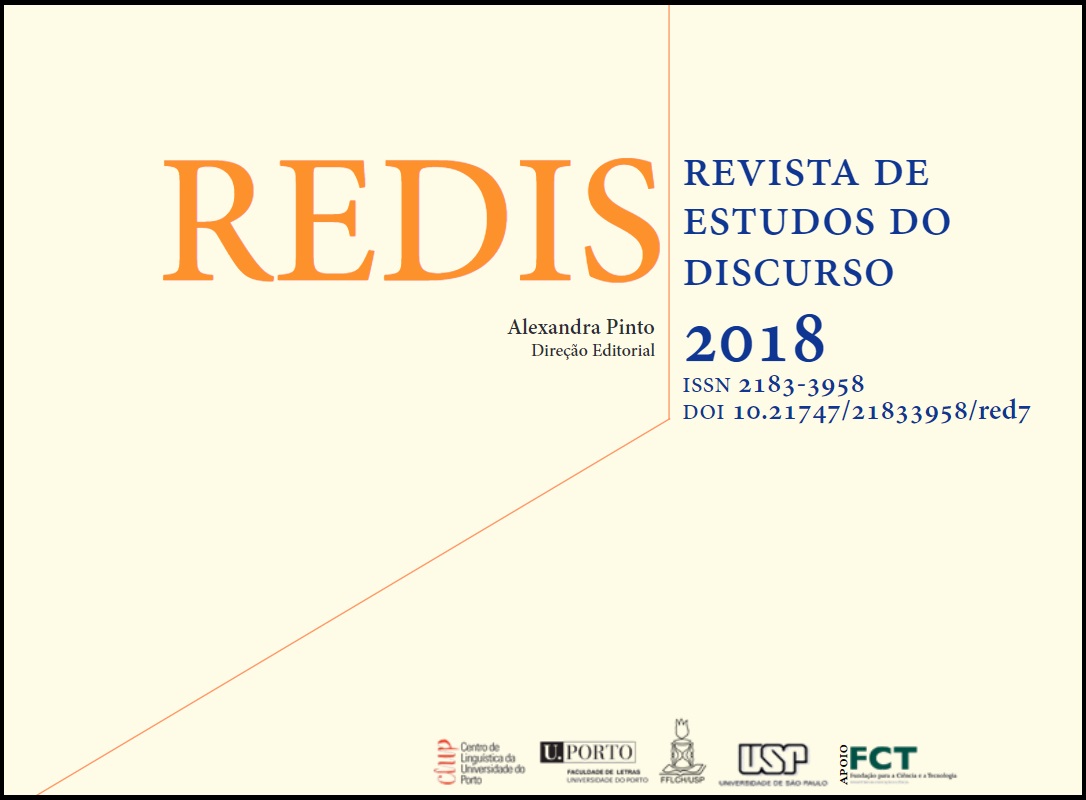The semiosis of legal discourse. From the mute code to the adjudication game
Abstract
Semiotics has generally been inclined to analyze the semiosis of legal discourse, accepting the organizing grammars of the field of legal discourse as valid and empowering. This theoretical position is inscribed in the same seat that gives place to its object: legal discourse. Legal Semiotics (social process of production of legal meanings) is confused with Semiotics of Law (disciplinary process that exclusively concerns professionals in charge of ciphering and deciphering the dogma’s dictionary). It is necessary, from the perspective of Critical Social Semiotics, to build an analytics of the semiotics of legal discursivity that does not divert its attention from these grammars and the arguments that refer to them. That is to say, it is necessary to have useful tools in order to reconstruct the event of legal discourse, assigning the unsaid rules that appear withdrawn in those organizing grammars and argumentation acts that are recognizable in the arguments. Here we call these rules the mute code of legal discourse and we take up, from that point, our critique of the Hart’s category of adjudication, overlaying it, on this occasion, with a counterpoint category: the adjudication game.
Downloads
Published
How to Cite
Issue
Section
License
The authors give to REDIS. Revista de Estudos do Discurso the exclusive right to publish its texts, in any medium, including their reproduction and sale in paper or digital format, as well as their availability in a free access regime in databases.
















